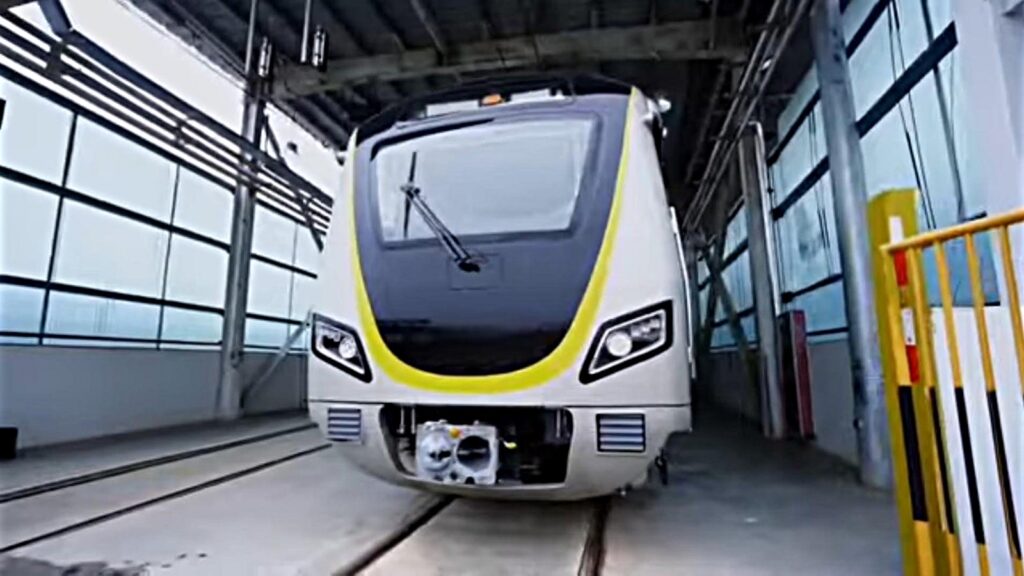The Commissioner of Metro Railway Safety (CMRS) Friday gave the safety clearance to Bengaluru Metro’s 18.82-km-long Yellow Line, clearing the way for commercial operations on the stretch.
ARTICLE CONTINUES BELOW VIDEO
This development comes nearly eight years after the civil works for the Yellow Line were awarded in 2017. The Yellow Line connects RV Road with Bommasandra via Electronic City.
A Bengaluru Metro Rail Corporation (BMRCL) spokesperson told The Indian Express, “We have received the safety clearance report from CMRS with certain general observations. We will now inform both the state government and the central government, seeking permission to operationalise the line for revenue services.”
The official added, “Currently, we have three trainsets, and three coaches of the fourth train set have been dispatched from Titagarh. The remaining coaches will be dispatched for Bengaluru either today (Friday) or tomorrow and should reach the Hebbagodi depot by August second week.”
The fourth train set will also have to undergo signalling and other tests for a couple of weeks before commissioning it for revenue services.
BMRCL is eyeing a high-profile inauguration event in August, with officials preparing to invite Prime Minister Narendra Modi to flag off the line. A private firm has reportedly been engaged to produce a documentary film showcasing the new corridor, including drone footage of the stations and route, for the inaugural program. The event is tentatively scheduled for the first or second week of August.
BMRCL has also drawn up three possible operational plans. The first involves opening the entire 16-station stretch with three trains at a frequency of 24 minutes. The second plan proposes partial operation between RV Road and Bommasandra. The third option is to run services between Bommasandra and the Central Silk Board stations.
Story continues below this ad
The Yellow Line has suffered significant delays, primarily due to disruptions in the supply of metro coaches. CRRC, the Chinese firm originally contracted to supply the rolling stock, failed to meet the 75 per cent local manufacturing requirement mandated by the ‘Make in India’ policy. The issue was exacerbated by the India-China border standoff in June 2020, complications with foreign direct investment (FDI) norms, and COVID-related disruptions.
To resolve the impasse, CRRC partnered with Bengal-based Titagarh Rail Systems to manufacture and deliver the coaches domestically. However, visa delays for Chinese engineers and the late arrival of propulsion systems from Japan further slowed down testing and commissioning of the corridor.


